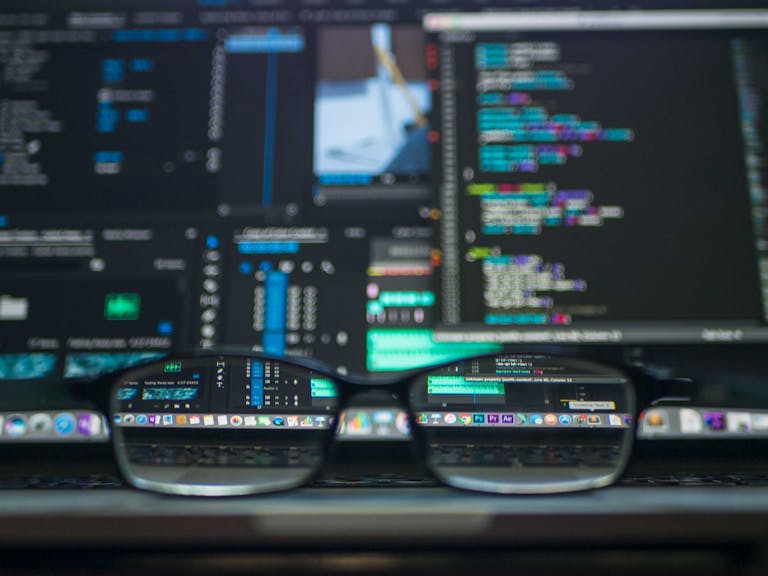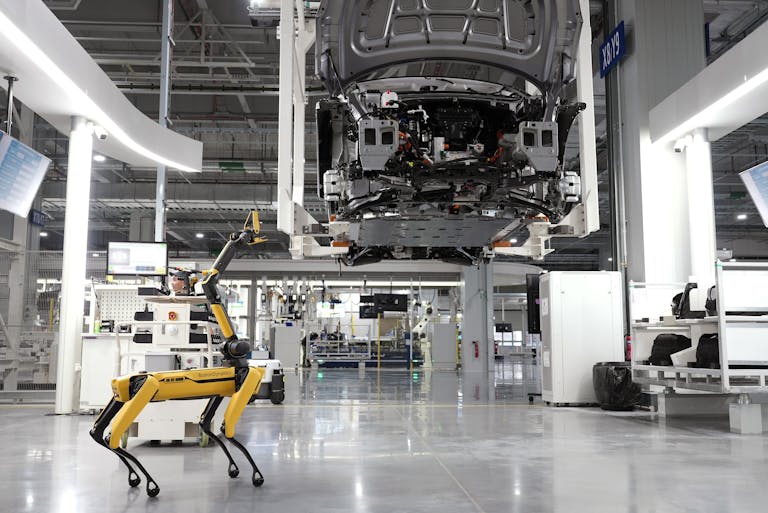Will Lawyers Be Replaced by AI? The Future of Legal Work
Introduction
Law has always been seen as a profession requiring a high level of intelligence, years of studying, and memorization of complex rules and regulations.
But like many other industries, it is now under serious threat from AI, in particular large language models. These systems are capable of interpreting legal documents, generating arguments, reviewing cases, and performing tasks that once required highly trained professionals.
The core of legal work is built on language, and that is exactly what language models are built to handle.
Automation Risk in Law
The overall automation risk for lawyers is high. Large language models like Claude and ChatGPT are already being used to perform tasks that were once handled by entry-level legal staff, associates, and even experienced attorneys. These models are capable of drafting legal content, analyzing documents, and processing complex language with increasing accuracy.
Software companies are also creating platforms like CoCounsel and Lexis+ AI, which are tailored specifically toward automating legal workflows. They are designed to review documents, conduct legal research, and draft legal documents.
Currently, these systems mostly function as advanced assistants. But the long-term objective of these platforms is full automation. As AI models become faster, more accurate, and deeply integrated with legal systems, they will begin to manage the entire legal process from start to finish.
The legal roles most at risk of automation include:
- Paralegals
- Legal researchers
- Contract analysts
- Compliance officers
These jobs involve repeatable tasks that AI can already perform faster and at a much lower cost.
Legal Jobs That May Be Safe From Automation
The only legal roles that may survive longer are the ones that require physical courtroom representation or are otherwise protected by government regulation. For example, in some countries, the legal system may continue to require human lawyers to speak in court or represent clients face-to-face.
Examples of roles that may (potentially) remain safe from automation:
- Trial attorneys
- Criminal defense lawyers
- Family court representatives
- Immigration representatives
- Judges
Whether these jobs remain protected depends entirely on the legal structure of each country. If regulations change to allow AI representation in courts, even these roles could be entirely eliminated.
The Future of Law
The legal industry will not evolve in the same way everywhere. Some countries may tightly regulate legal automation, while others could move toward full digital systems.
A clear example of what the future may look like is already happening in China. Internet courts are now handling millions of legal cases without requiring people to appear in person. These courts use AI-powered systems to manage evidence, deliver rulings, and resolve disputes through a fully digital interface.
Eventually, companies will also begin using their own in-house AI legal systems to manage tasks like contract drafting, risk evaluation, and compliance. For many routine legal needs, human lawyers will not be needed at all.
Whether any human lawyers remain involved in the process will depend entirely on how different governments choose to regulate AI in law. That outcome is still unclear.
Why Lawyers Should Start Their Own Business
Lawyers who work inside large firms or corporate legal departments are at the highest risk of being replaced in the short-term. These organizations are actively looking for ways to cut costs and automate repeatable work. If your name is not directly tied to the client, your job can be replaced.
Starting your own business gives you control. You decide what services to offer, and you can begin using AI to automate large parts of your workflow as it improves. While it will become more and more difficult to find clients, it will buy you more time until the profession is fully automated.
Conclusion
Law is no longer a guaranteed safe career, and most lawyers are at risk of being replaced. The rise of large language models and AI legal platforms is replacing many of the tasks that used to require years of training.
Paralegals, researchers, and contract analysts are already being slowly phased out. Only a few legal roles tied to courtroom representation may remain, and even those depend on future regulation.
The future of law may be entirely automated, with companies using in-house AI systems to manage their legal needs. If you’re a lawyer, now is the time to build your own business, use AI to your advantage, and consider a backup career plan.


